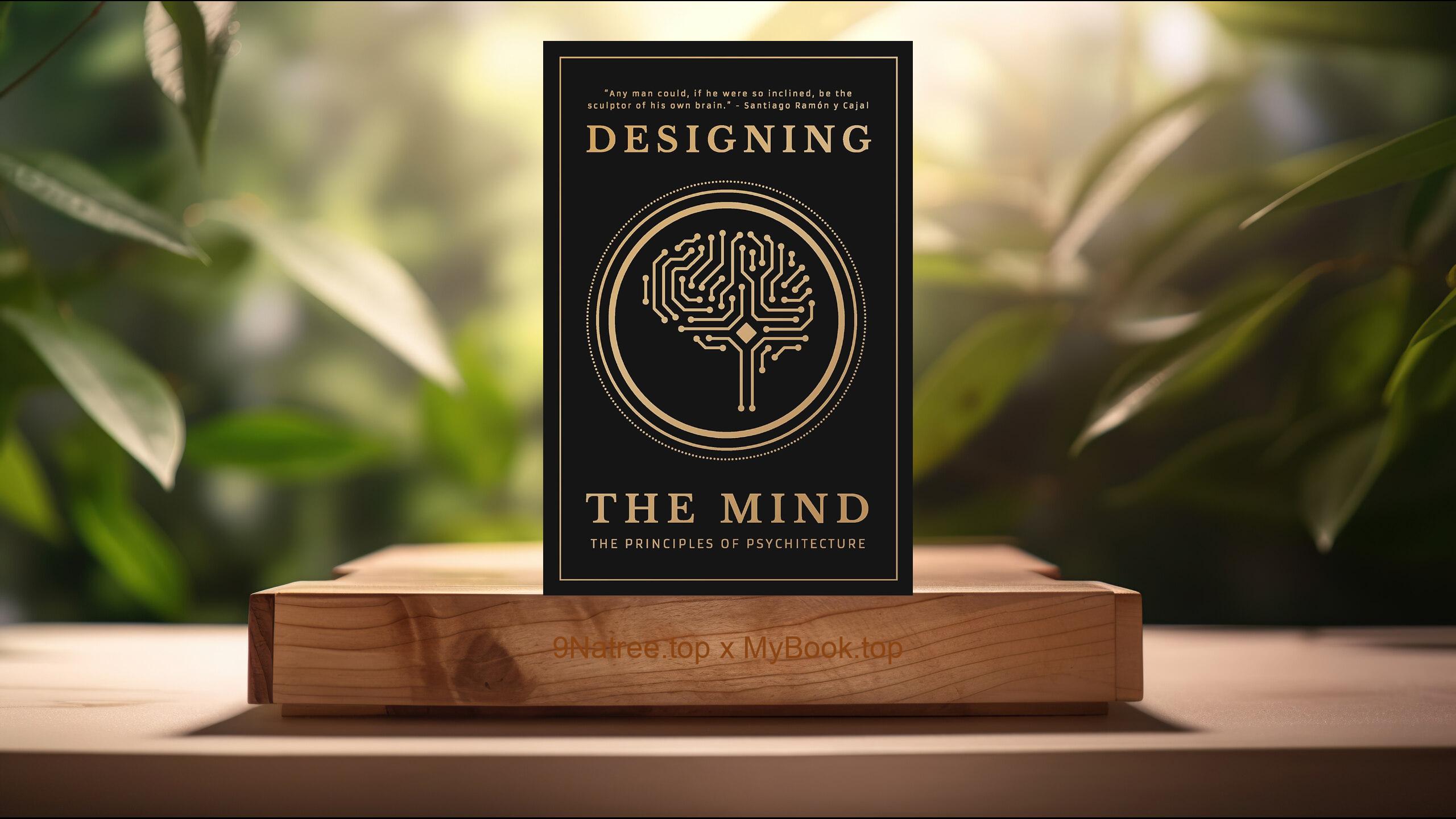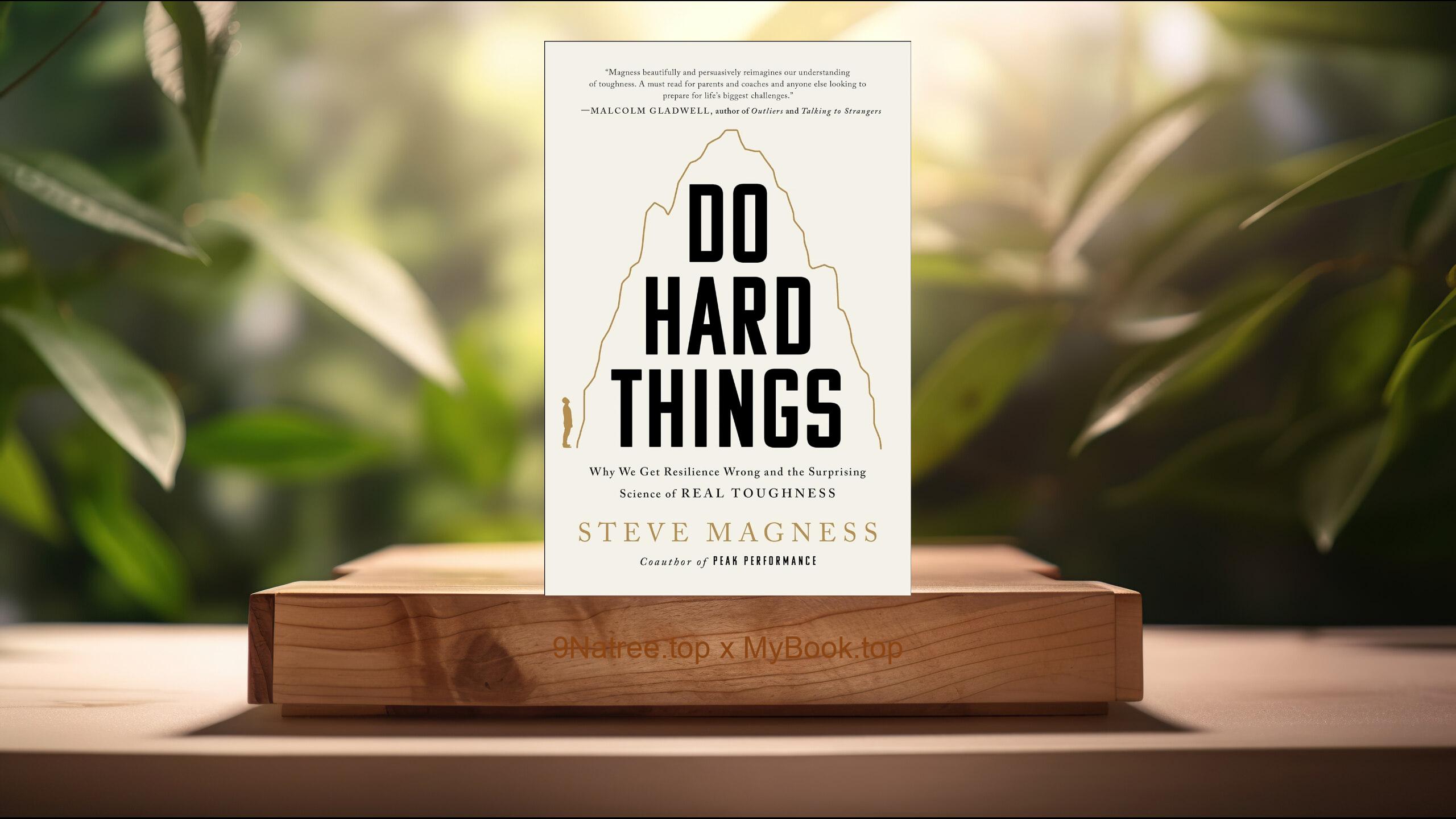Show Notes
Buy on Amazon: https://www.amazon.com/dp/B01N5R6U0X?tag=9natree-20
Read more: https://mybook.top/read/B01N5R6U0X/
#narcissisticabuserecovery #emotionalabusehealing #selfempowermentafterabuse #recognizingnarcissisticbehavior #overcomingpsychologicaltrauma #settingboundariesforselfcare #reclaimingidentitypostabuse #POWER
These are takeaways from this book.
Firstly, Understanding Narcissistic Abuse, Narcissistic abuse is a sophisticated form of emotional abuse perpetrated by individuals with Narcissistic Personality Disorder (NPD). Arabi introduces readers to the intricate mechanisms of control, manipulation, and coercion used by narcissists. Through real-life stories and analytical essays, the book shines a light on how these tactics systematically undermine the victim's self-esteem and sense of reality, leading to complex trauma. This section helps survivors recognize patterns of abuse they might have overlooked and validates their experiences.
Secondly, The Effects of Narcissistic Abuse, The book painstakingly details the aftermath of being in a relationship with a narcissist, including psychological, emotional, and often physical harm. Arabi presents a thorough exploration of the long-term effects such abuse has on survivors, such as PTSD, anxiety, depression, and a shattered sense of self. Importantly, it discusses how the insidious nature of narcissistic abuse can leave survivors doubting their perceptions and reality. This segment emphasizes the importance of acknowledging the severity of the trauma to begin the healing process.
Thirdly, The Journey of Healing, Recovering from narcissistic abuse is a long and winding road that requires both understanding of the abuse and an unwavering commitment to self-care. Arabi guides readers through the essential steps of healing, including the importance of no contact, setting boundaries, and self-compassion. Through empowering essays, the author encourages survivors to reclaim their identity, worth, and power. This section is a heartfelt reminder that healing is possible and that survivors can emerge stronger and more resilient.
Fourthly, Reclaiming Power, Shahida Arabi emphasizes the transformative journey of reclaiming one's power after narcissistic abuse. This involves not only healing from past trauma but also rebuilding a life of autonomy and self-love. The book offers actionable strategies for developing self-esteem, enhancing resilience, and fostering healthy relationships. It champions the idea that survivors have the inner strength to overcome their past and shape a future defined by their own terms, not by the abuses they have endured.
Lastly, Empowering Survivors through Knowledge, Arabi concludes by empowering survivors with knowledge and tools to protect themselves from future emotional abuse. This involves understanding the red flags of narcissistic behavior, fostering a supportive community, and engaging in continuous self-reflection and growth. The book serves as an essential guide for not just surviving, but thriving after narcissistic abuse, underscoring the power of knowledge and self-awareness in breaking free from the cycle of abuse.
In conclusion, Shahida Arabi's 'POWER: Surviving and Thriving After Narcissistic Abuse' is a must-read for anyone who has suffered at the hands of a narcissist. It is particularly valuable for survivors feeling lost in the aftermath of emotional abuse, offering them a roadmap to recovery and empowerment. Arabi's compassionate and insightful writing validates survivors' experiences, while providing practical advice for healing and reclaiming one's life. This book stands as a testament to the resilience of the human spirit, encouraging readers to transform their pain into power. Beyond just surviving, it teaches how to thrive and find fulfillment after enduring such profound trauma.
![[Review] POWER (Shahida Arabi) Summarized](https://episodes.castos.com/660078c6833215-59505987/images/1731023/c1a-085k3-7nq8j330h6nw-u7potq.jpg)




